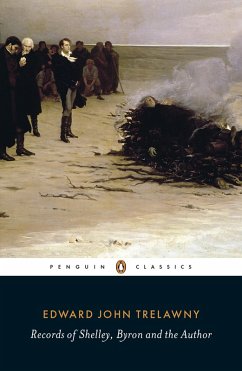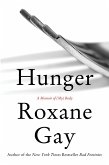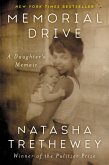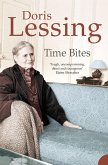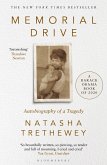Rosemary Ashton's new introduction explores the mysterious life and quixotic character of Trelawny, and this edition includes all the author's later revisions.
Edward John Trelawny (1792-1881) was one of the most curious figures of the English Romantic Movement, and spent his long life travelling extensively as a naval officer, biographer and adventurer. After a brief education, Trelawny was assigned as a volunteer in the Royal Navy by the age of thirteen, and led an unaccomplished naval career until his resignation at nineteen. He met Shelley and Byron in Italy in 1822, where he became fascinated, almost hypnotized, by the two poets. His Records of Shelley, Byron and the Author, written after both their deaths, is the end-product of this strange obsession. An incorrigible romancer, Trelawny had three marriages - the second of which was to Tersitza, sister of the Greek warlord Odysseus Androutsos, whose cause he had joined and whose mountain fortress he looked after when Odysseus was arrested. He died after a fall at the age of eighty-eight, in England, and his ashes were buried in Rome in a plot adjacent to Shelley's grave.
Rosemary Ashton was educated at the universities of Aberdeen, Heidelberg and Cambridge. She taught English literature at University College London from 1974 to 2012, and is Emeritus Quain Professor of English Language and Literature and an Honorary Fellow of UCL. She has published critical biographies of Samuel Taylor Coleridge, Thomas and Jane Carlyle, George Eliot, and George Henry Lewes, two books on Anglo-German literary and cultural relations in the nineteenth century, The German Idea: Four English Writers and the Reception of German Thought 1800-1860 (1980) and Little Germany: Exile and Asylum in Victorian England (1986), and two books about Victorian radicalism, 142 Strand: A Radical Address in Victorian London (2006) and Victorian Bloomsbury (2012).
David Wright (1920-1994) was born in Johannesburg and came to England aged fourteen to attend the Northampton School for the Deaf. His first poem was published shortly after graduating from Oriel College, Oxford, and he published poetry throughout his life, including Moral Stories (1954), Monologue of a Deaf Man (1958), Metrical Observations (1980) and Elegies (1990). He was both a remarkable poet and a remarkable editor, responsible for, among others, the Penguin Classics edition of Edward Thomas's Selected Poems and Prose, The Penguin Book of English Romantic Verse and, with John Heath-Stubbs, The Oxford Book of Twentieth-Century Verse. He was also the author of a number of books on Portugal, a biography of Roy Campbell and a memoir, Deafness: A Personal Account.
Dieser Download kann aus rechtlichen Gründen nur mit Rechnungsadresse in A, B, BG, CY, CZ, D, DK, EW, E, FIN, F, GR, HR, H, IRL, I, LT, L, LR, M, NL, PL, P, R, S, SLO, SK ausgeliefert werden.

